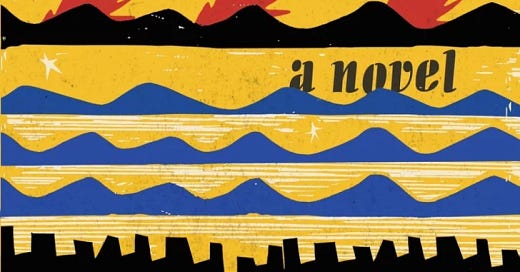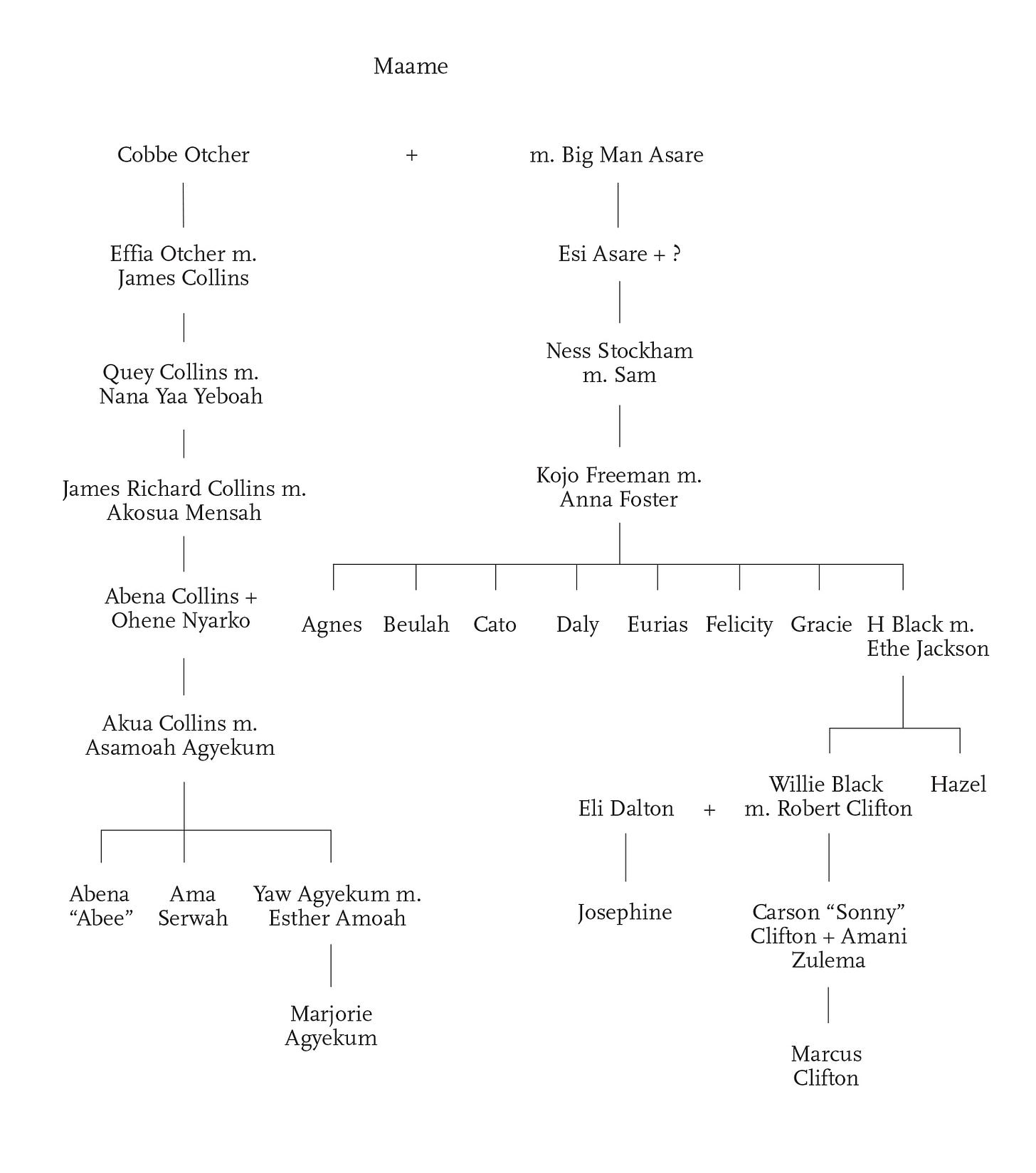This week I finished an amazing book that left me gobsmacked and wiping tears from my eyes. It is my favorite book of the year.
But before I get to that, I’d like to ask a question and I hope you’ll take a moment to answer in the comments:
Why do you read what you read?
Everyone reads for different reasons and I’m curious what yours is. What are you hoping for every time you crack a book open? Does your answer vary depending on mood or other factors?
Different books achieve different things for different people at different times and I was recently called to task by my friend Jeremy. The dude has taught me a lot and when I mentioned that a book I read a couple years ago was “entertaining but not life altering” and that “I’m always looking for that transcendent experience,” he wisely replied: “It’s ok to just be entertained too.”
I do read for entertainment and I’ve also been lucky to come across a handful of books that fall in the “life-altering transcendence” category for me. Homegoing by Yaa Gyasi is one of those books.
Pages: 300 | Published: 2016
What it’s about
The structure of the novel is simple and elegant. It follows the family lines of two Ghanaian half-sisters, Effia and Esi, across 7 generations. Effia’s line stays in Africa while Esi is sent to America on a slave ship. Each chapter reads like a short story from a member of one of the generational lines, and their lives diverge dramatically.
Why I loved it
Each short story was heartbreaking and hopeful, but it was the way it all came together at the end that impacted me in such an emotional way. The last two stories are about Marcus and Marjorie, college students in the present. After all the struggle and pain and centuries of separation, the way the two lines intersect again is what I found beautiful and unlike anything I’d read before.
Marcus, a PhD candidate at Stanford, was “struck by the need to study and know his family more intimately.” He learned about his great-grandfather, “H,” who spent years in the convict leasing system. It made Marcus weep and filled him with pride.
Two-Shovel H they had called him. But what had they called his father or his father before him? What of the mothers? They had been products of their time, and walking in Birmingham now, Marcus was an accumulation of these times.
It hit me hard that we are all links in the chain of history and an accumulation of all that came before us. To borrow a Biblical term, our hearts can be turned toward those that came before. When we learn about our own ancestors, we may weep at what we find, but we’ll inevitably find things to be proud of as well. I loved the notion of learning the messy truths of the past.
Why it was “life-altering transcendence?”
We are all so small - human - and at the same time part of something so large - human history. Marcus said:
It was one thing to research something, another thing entirely to have lived it. To have felt it. How could he explain to Marjorie that what he wanted to capture with his project was the feeling of time, of having been a part of something that stretched so far back, was so impossibly large, that it was easy to forget that she, and he, and everyone else, existed in it—not apart from it, but inside of it.
I felt my heart turn towards all the regular, every-day people who lived their days inside the past. My heart turned toward those who were bought, sold, enslaved, or incarcerated. The characters in this book were stand-ins for the millions of people who lived through that history. They felt alive and real to me and even present, as if all their stories were happening in the now. It was somewhat out-of-body how clear they were, and all because of a book.
If you’ve read this, I’d enjoy hearing your thoughts.
Thanks for reading,
Kyle






During my busy times of the year, I read for pure enjoyment and escape. In a much smaller slice of the year, I want to read books that have some meaning to me where I learn something I didn't already know.
In my day job, this last couple of years since COVID has been so stressful that I read very few meaningful books. I don't remember much about what I read shortly after I close the cover on the last page, but it does seem like the few that I do remember are the ones that make me think more about my own little place in this vast world of chaos.
And also I LOVE Homegoing. Her second novel was really beautiful as well, especially for anyone coming from a religious background or struggling with it.